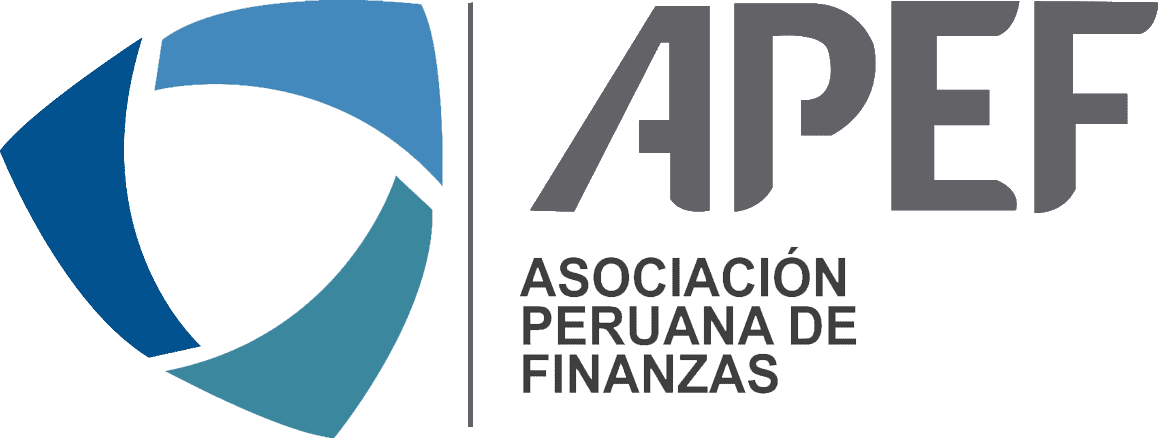
We keep our ear to the ground for the interesting stats, insights and discussion points you need to feel in the know and shape the future with confidence.
1. Artificially accountable

AI might be the smartest hire you’ll never meet, but how do you know it’s not just winging it? With more than 1,000 AI policy initiatives launched across 70 countries, the world is trying to decode the black box. Enter AI assessments: the new performance reviews for algorithms. They’re designed to gauge everything from accuracy to accountability, helping leaders separate the truly intelligent from the artificially confident. And with 58% of consumers worried about unchecked AI — even as 82% embrace it — businesses face a paradox: trust is trending, but transparency is trailing. In a landscape where machines make decisions, it’s the human judgment behind them that needs the sharpest calibration.
How AI assessments can enhance confidence in AI
2. 2035 is the new 2050

For years, 2050 was the climate finish line: distant, abstract, and easy to ignore. But now, 2035 is pulling ahead, and it’s not just a race against time — it’s a race to cut costs. EY’s Net Zero Centre finds most of Australia’s emissions reductions by 2035 could be achieved with off-the-shelf tech that actually saves money. Think electric vehicles that trim $1,200 a year, buildings that pay back $6,000 over a decade, and land projects worth $50 billion by 2050. The climate case is clear, but the commercial case? That’s where things get interesting. In a world shifting from fossil fuels to fiscal sense, the smartest moves are the ones that pay for themselves.
Why 2035 is the climate target that counts: Eight keys to achieve net zero
3. AI, the interior designer

AI isn’t just knocking on the door of the workplace, it’s already inside and it’s rearranging the furniture. According to EY’s latest AI Pulse Survey, agentic AI is set to completely reshape how we work, collaborate, and make decisions. But there’s a catch: most organizations haven’t even scratched the surface of what’s possible. It’s not just about plugging in a new tool — it’s about rethinking the entire system. That means investing in smarter data infrastructure, building trust through ethical AI governance, and upskilling teams to thrive in this new era. The real question isn’t whether AI will change your business. It’s whether you’re ready to lead that change or play catch-up. Because in this moment, standing still is the only real risk.
Why agentic AI is a revolution stuck in an evolution
4. Insure and be sure

Cyber insurance is the new armor, and you should make sure it fits. It’s becoming the tailored suit your business needs to wear confidently in today’s digital world. With threats like ransomware and data breaches on the rise, companies are realizing that a strong policy can do more than cover costs and insurers are getting smarter. They’re asking tougher questions and raising premiums, which means your cybersecurity setup isn’t just about defense anymore. It’s part of your negotiation strategy. Things like patching, encryption, and access controls are now deal-makers. For risk teams, understanding the fine print is critical. A well-designed policy can be the difference between a smooth recovery and a legal nightmare…
How cyber insurance enhances risk management in today’s digital age
5. Twin flame

Digital twins are the new renovation crew for oil and gas operations. These are virtual replicas of physical assets that mirror real-world behavior in real time, helping teams simulate, predict, and optimize performance. Unfortunately, most companies are still focused on the tech itself, not the people who use it. That’s like installing a smart thermostat no one knows how to program. EY’s Future of Energy Survey shows that while adoption is high, only a small fraction of companies say digital twins are delivering real value. The secret? Start with the asset team’s needs, not the flashiest features. Build use cases around actual pain points, invest in clean data pipelines, and make sure the workforce has the skills to use the tools. This is how to do digital twins right…
How oil & gas and chemicals companies can drive value with digital twins
If you do one thing:
Set yourself a 2035 goal.

